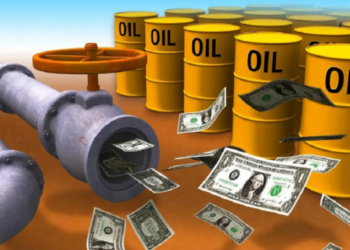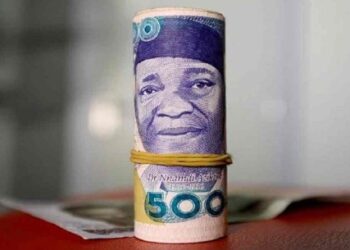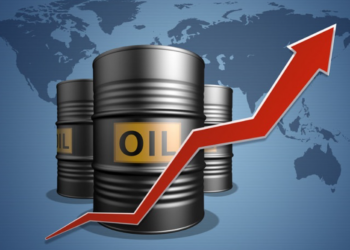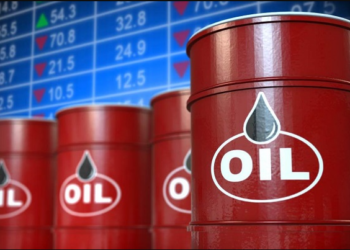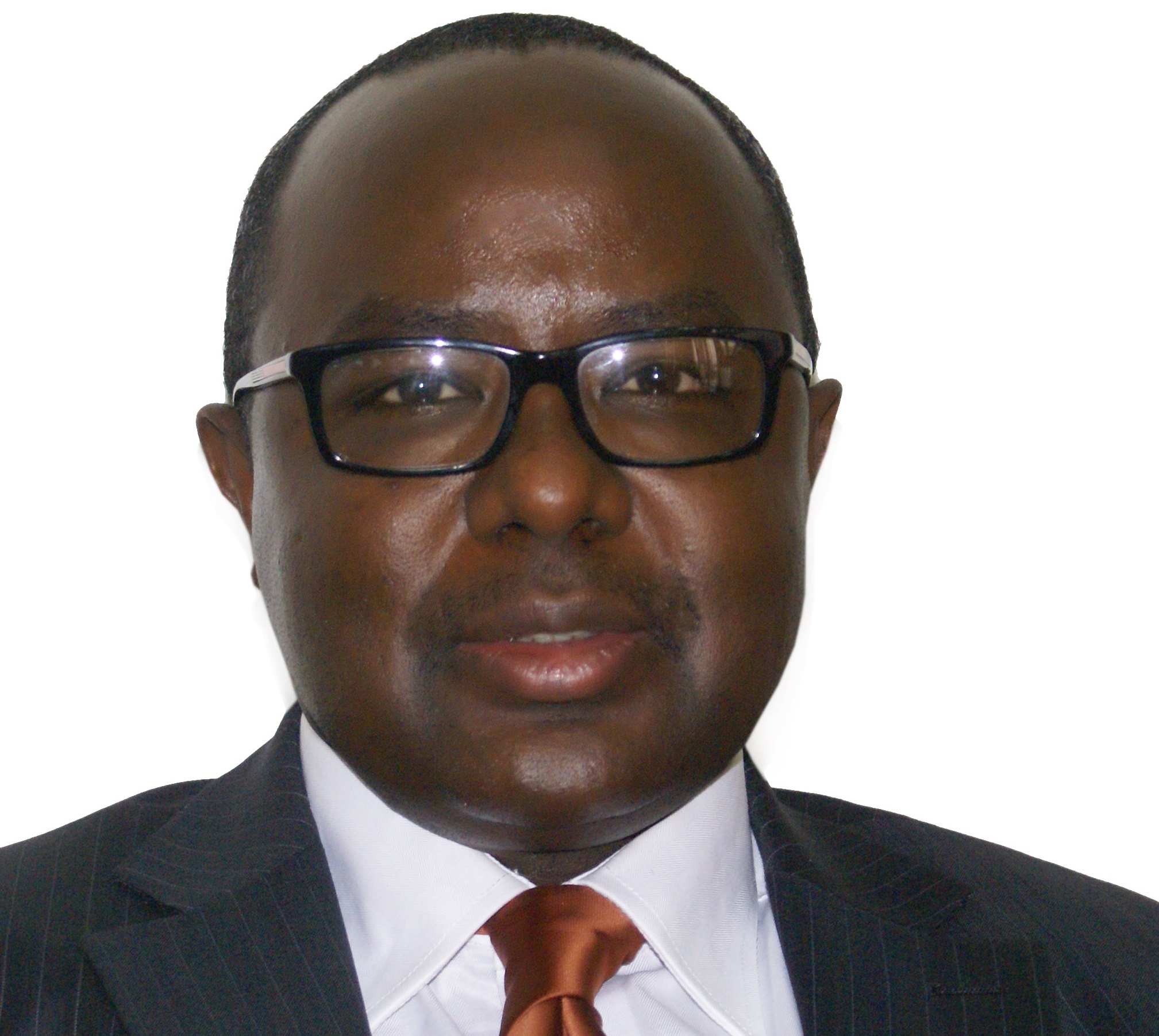Things have gotten worse for the legacy of outgoing Nigerian President, Goodluck Jonathan, as the National Bureau of Statistics just reeled out its inflation and GDP figures for the month of April and Q1 respectively, picturing the state of the economy in a rather grim mood.
Galloping Inflation
According to the report, Nigeria’s inflation rate soared YoY to 8.7% from 8.5% a month ago making it the fifth consecutive month of a faster increase in the headline index and the highest inflation rate recorded for the year. The Headline rate for April also equals the highest rate recorded since July 2013. According to the Bureau;
The faster pace of the Headline index was as a result of increases in most COICOP Divisions which contribute to the headline index, with the exception of slower increases in Recreation and Culture, and Communications Divisions. The faster pace of increases were also observed in the Food and Core sub- indices.
Declining GDP Growth rate
Nigeria’s GDP growth rate in 2015 Q1 also grew by 3.96% in real terms, year-on- year. This was lower by 2.25% points from the preceding quarter and by 1.98% points from the corresponding quarter of 2014. Quarter on quarter, real GDP was lower by 11.57%.
In nominal terms, aggregate GDP stood at N21,041,701.10 million at basic prices. Compared with the opening quarter 2014 value of 20,169,778.04 million, this was 4.32% higher, whereas relative to the preceding quarter value of N24,205,863.34 million, nominal growth was lower by 13.07%.
Real growth of the oil sector was negative, at -8.15% in real terms whilst the non-oil sector grew by 5.59% in real terms in Q1 of 2015
The GDP growth rate of 3.96% from available data is also the lowest since 2013 (previous low was 4.45% in Q1 2013).
The Bureau attributed the reason for this drop to depressed global oil prices, as well as challenges in supply in Nigeria which saw oil production remaining essentially flat (YoY) at 2.18 million barrels per day (mbpd) in Q1 of 2015.

![[GRIM] Inflation rate spikes, GDP growth rate drops…GEJ will handover a failing economy](https://nairametrics.com/wp-content/uploads/2015/05/GEJ-and-Buhari-handover.jpg)



